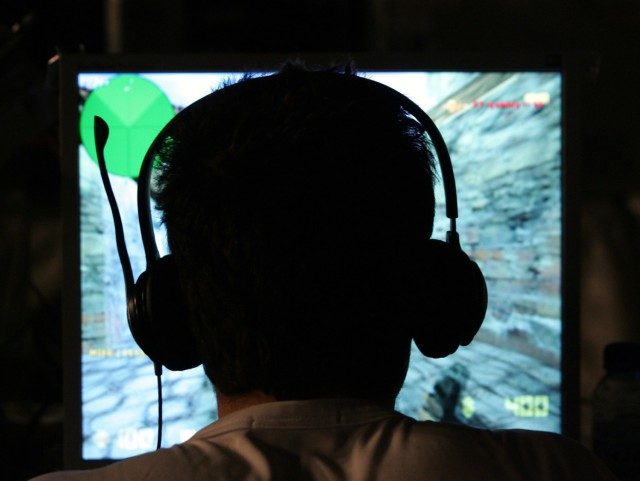Stetson University’s Dr. Chris Ferguson argues South Korea’s law regarding the Internet usage of minors has had negligible positive effects on their health in comparison to its heavy constraint on personal freedoms.
While recent revisions allow Korean parents to lift the restriction for their own children, Ferguson believes the law prohibiting minors from using the Internet between midnight and six o’clock in the morning has been ineffective at best. A July 2017 study examined the results of the restriction, finding that it increased the average sleep time of those who fall under it by a mere one and a half minutes.
What such a law does do is restrict the rights of many young citizens without any appreciable benefit. According to Ferguson, “tempting as it might sound to some parents to yank all the kids off the internet at night, this doesn’t seem to do them any actual good.”
In fact, according to Ferguson, it may very well make things worse. He explains that “taking away all the screens and locking them in a cabinet at night only communicates distrust and likely creates a ‘forbidden fruit’ effect that could challenge young people to overcome those obstacles.” Instead, he proposes the common-sense approach of “talking with kids about reasonable guidelines and adjusting them according to school or weekends and holiday schedules.”
It is a position that eschews an easy solution for one that requires work and active parental awareness. That time and attention is at a premium in a world of digital babysitters. In 2015, a Common Sense Media study suggested that the average child spends nine hours every day consuming some form of electronic media.
Ferguson is poised on the forefront of a debate that includes not just Internet usage but electronic entertainment as a whole. He speaks in staunch opposition to efforts that would blanket “pathologize” video games. Like other recent experts, he suspects that the real problem with academic performance is linked to its strict scheduling and that “if we’re serious about making sure kids get adequate sleep, we need to reexamine school schedules rather than screen use.”
Follow Nate Church @Get2Church on Twitter for the latest news in gaming and technology, and snarky opinions on both.

COMMENTS
Please let us know if you're having issues with commenting.